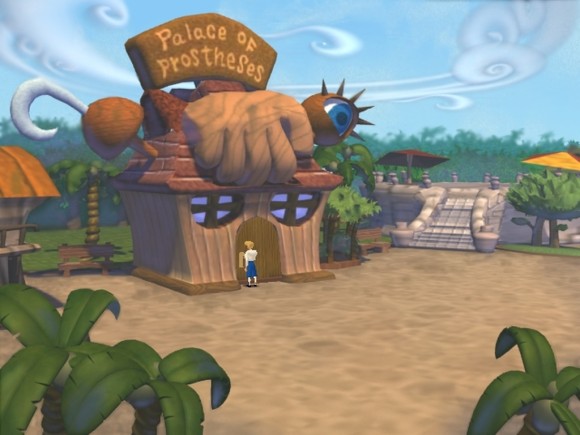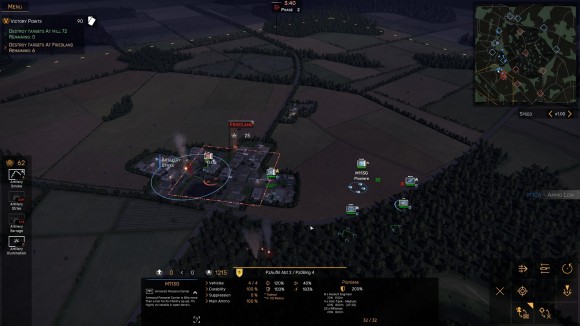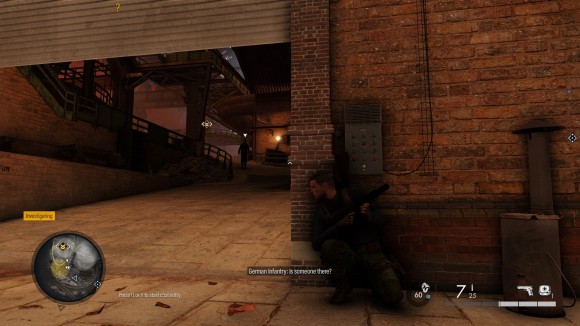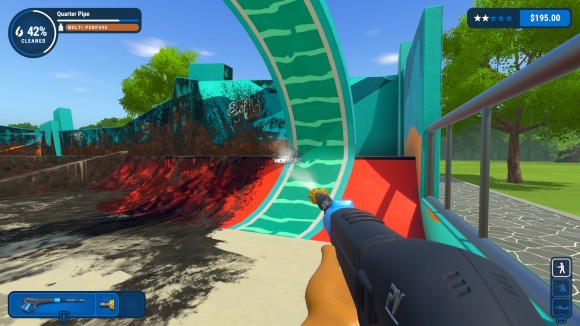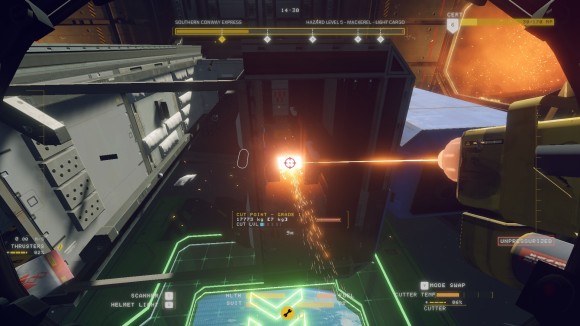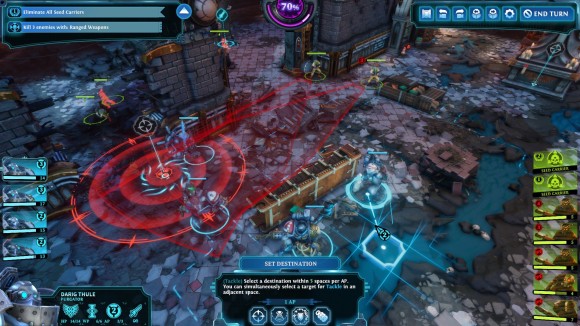Deep breaths. You can do this. You can do this.
The Scientific Gamer
Science, gaming, and all things in between.
Thoughts: Regiments
I must admit to some skepticism when the Microprose trademark got rudely disinterred a few years back and slapped on top of a brand new publishing house. I think very highly of the Microprose of the early ‘90s — to the point where my In Praise Of columns were just the Microprose Nostalgia Hour for a couple of months — and after watching other zombie trademarks shuffle along for years (Atari is the big one, which is currently trying to go big on cryptocurrency) I wasn’t looking forward to the same thing happening to Microprose. To my considerable surprise, though, the new owners have been somewhat smart about this and have kicked off their revived label by publishing… well, pretty much exactly the kind of game the OG Microprose would have been interested in publishing back in the day: a selection of strategy titles that sit halfway between the accessibility of an RTS and a grognardy war sim, which both supply a hefty digital manual (another fine Microprose tradition) and expect you to actually read through the entirety of it in order to learn the game1. Last year they published Highfleet and Carrier Command 2, which both appeared to be reasonably solid efforts even if they didn’t manage to hook me in for more than a couple of hours. And now this year they’ve published Regiments, which has.
- Interestingly the new Microprose aren’t the only ones doing this: they have competition from another relatively new publisher called Hooded Horse who are also publishing a lot of upcoming mid-tier strategy titles (including my current GOTY 2022, Old World). This may be one reason why Microprose’s future slate of games looks to be branching out a bit from pure strategy. ↩
Thoughts: Sniper Elite 5
Okay, so I’ll state up front that I have been goaded into this review a little bit. This goading was not caused by anything Sniper Elite 5 did itself — at least not directly — but prior to playing it I read multiple reviews that favourably compared this iteration of the series to Hitman 2 and Metal Gear Solid V, two of the best sandbox games of the last decade1. Which sounds great, but unfortunately for Rebellion I have also played Sniper Elite 4, so I knew that one of two things had happened here:
- That Rebellion had massively, massively upped their game, investing a ton of money into hiring a team of crack designers to shape the emergent gameplay while throwing away the old, dated Sniper Elite engine and starting again from scratch to properly enable all of these modern sandbox features.
- That these reviews were talking complete bollocks.
- In particular there’s this “Essential” rating from Eurogamer. I know that games journalists are paid next to nothing and have zero long-term career prospects and this sometimes makes me feel bad about ragging on them so frequently, but then one of them gives Sniper Elite 5 an “Essential” rating and I just can’t let that kind of thing go. ↩
Thoughts: PowerWash Simulator
I wasn’t expecting a great deal from PowerWash Simulator. For starters it’s yet another entrant in the now decidedly-oversubscribed Simulator “genre”, which consists of a series of increasingly desperate attempts to turn mundane everyday jobs into videogames. (I’m particularly baffled by the PC building one.) And the concept behind PowerWash Simulator is one of the most mundane of the lot: inspired by the viral success of powerwashing videos on Youtube, this is a first-person washer game where, instead of a gun, you have a power washer, and you use that power washer to clean a variety of inexplicably-filthy objects ranging from houses to ferris wheels. That is it. That is the entire game.
Thoughts: Chaos Gate – Daemonhunters
Warhammer 40,000: Chaos Gate – Daemonhunters (good lord that’s an unwieldy name) is a game I’m convinced I brought into existence by force of will alone. It was announced as part of a big Warhammer videogames event around this time last year, and my friends were having fun guessing what each game trailer was supposed to be before the title card flashed up. But me? I was just guessing “Chaos Gate 2!” on every single one, mostly because the idea was so absurd — who would make a semi-sequel to a shonky 40k XCOM clone from 24 years ago that barely anyone played at the time? — but also secretly because Chaos Gate is one of the two games from the late 90s glut of 40k titles that I do actually want a reboot/sequel to1. And this meant I damn near fell off my chair when the words “CHAOS GATE” appeared at the end of the Daemonhunters teaser, like the universe had finally got tired of my constant complaining and spontaneously reshaped itself into a place where Chaos Gate 2 could exist in a futile attempt to get me to shut up, and in fact it left me questioning the nature of my reality for several days afterwards — after all, if Chaos Gate 2 was actually happening then nothing is impossible.
- The other is a Final Liberation reboot complete with weirdly melancholic guitar soundtrack. ↩

